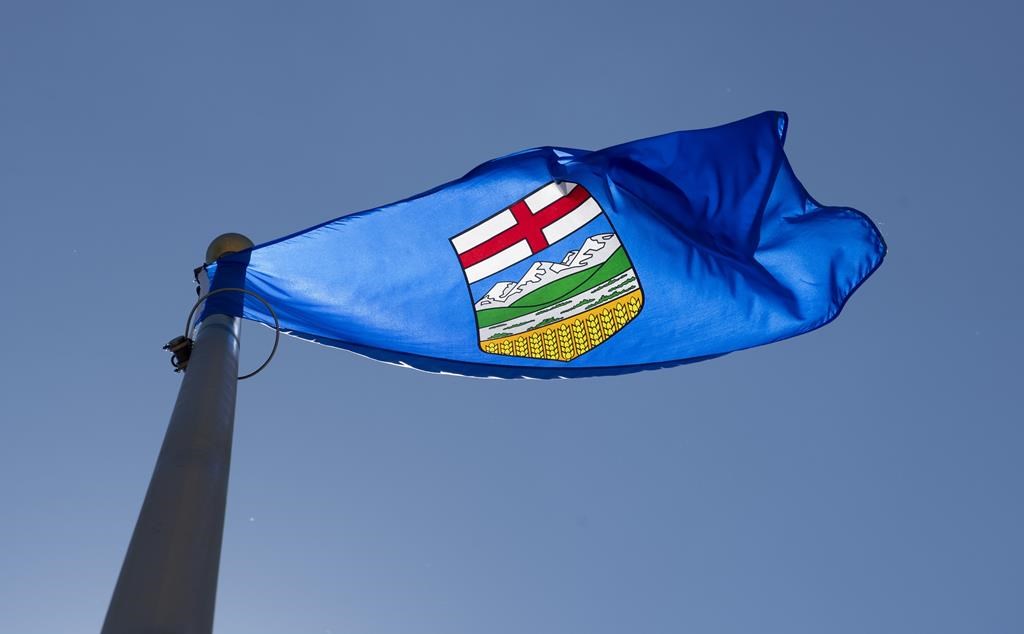Calgary small businesses dealing with high inflation
Posted Sep 20, 2022 7:40 am.
Last Updated Sep 20, 2022 7:48 am.
Calgary small business owners are caught between a rock and a hard place, trying to keep their prices affordable amid high inflation.
Pandemic closures paired with the war in Ukraine have caused supply prices to skyrocket for small businesses.
Aws Abdullatif, director and co-owner of PB and J YYC in the northwest community of Kensington, says dealing with inflation while keeping costs low is a challenge many small business owners face.
“It was moving in a way that you can’t keep up with it,” Abdullatif said, adding after opening up shop in January 2020, PB and J YYC has been hit with nonstop roadblocks.
“I mean, always, hard times teach us a lot of lessons. We adjust so fast, we try to find new ways to adjust to the new reality.”
Like so many others, Abdullatif is trying to find ways to stay affordable for his customers, forcing him to re-evaluate how he works with suppliers.
“They won’t charge you until the moment that you pick up or to the moment that they deliver it to you, because the prices [were] moving that fast,” he said.
In some cases, Abdullatif says the price of supplies can jump by 10 per cent overnight.
“The next day you could have a different bill than what you’d ordered a day before.”
READ MORE: ‘Calgarians love a patio’: How successful have patios been in Calgary?
Not wanting to put the financial burden on his customers, Abdullatif is sourcing his goods from multiple suppliers.
Dr. Rajbir Bhatti, associate professor and chair of Mount Royal University’s Supply Chain Management Department, says sourcing is becoming more important for business owners to manage their supplies.
“Resilience, for some reason, has always been on the table, but not important for us. Low cost and high quality were always sort of the paramount factors. Post-pandemic, resilience is the most important thing, so it is always good to have a plan B, a C, and a D,” Bhatti said.
Bhatti adds the pandemic revealed holes in how the supply chain runs. Currently, instead of businesses getting all their goods from one supplier, diversifying is encouraged.
“If one of the [supply chain] nodes go out of business, what is plan B? So, we pretty much never had a plan B and C and D, because we used to get what we wanted, whatever we wanted, in the shortest time, lowest cost, highest quality, etc.”










